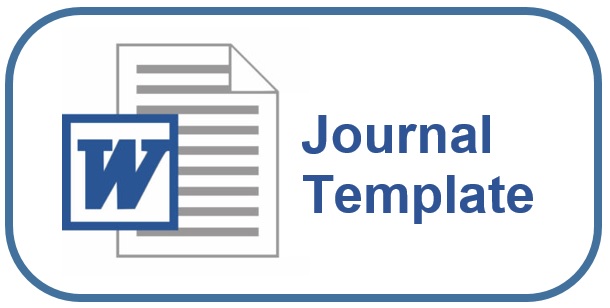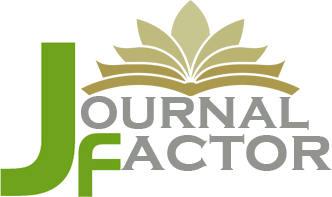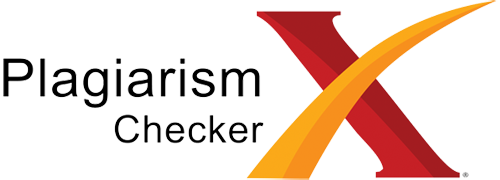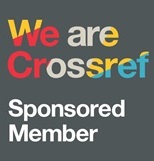Optimalisasi Kepercayaan Ibu Menyusui Pada Masa Pandemi Covid-19 di Puskesmas Rejosari Kota Pekanbaru
DOI:
https://doi.org/10.36277/abdimasuniversal.v3i2.128Keywords:
Breastfeeding mothers, exclusive breastfeeding, covid-19 pandemicAbstract
Mother's Milk (ASI) is the first, main, and best food for babies, which is natural. In the midst of the COVID-19 Pandemic situation, full awareness of infection prevention, especially the COVID-19 virus, is very important, one of which is for breastfeeding mothers. Breastfeeding itself is very important in preventing the transmission of COVID-19 to babies because breast milk contains antibodies that can strengthen the immune system for babies so they are not susceptible to disease. The purpose of this community service activity is to increase the understanding of breastfeeding mothers in exclusive breastfeeding during the COVID-19 pandemic. Problems faced Lack of understanding of mothers about exclusive breastfeeding during the COVID-19 pandemic. The solution offered to this problem is to conduct breastfeeding education counseling during the covid-19 pandemic and an integrated approach is carried out from the initial process of socialization and planning during the activity. In addition, the training method used is the Training of Trainer (TOT) Method with how to provide material using leaflets. The results and the resulting output is that there is an increased understanding of breastfeeding during the COVID-19 pandemic
Downloads
References
American Academy of Pediatrics. Breastfeeding and the use of human milk. Pediatr 2005; 115(2):496-506. doi: 10.1542/peds.2004-2491.
Amin, dkk (2014). Pengaruh Faktor Sosial Ibu Terhadap Keberhasilan Menyusui pada Dua Bulan Pertama. Jurnal Kedokteran Brawijaya, 28(2), 146-151.
Centers for Disease Control and Prevention (CDC) (2014). Health, United States, 2014 With Special Feature on Adults Aged 55-64. U.S : CDC.
Hacettepe University Institute of Population Studies (2013). Turkey Demographic and Health Survey. Ankara, Turkey : Hacettepe University Institute of Population Studies, T.R. Ministry of Development and TÜBİTAK
Kementerian Kesehatan RI, & MCA Indonesia. (2015). Infodatin-Asi 2013.Pdf. In Millennium ChallengeAccount -Indonesia (pp. 1–2).
Khresnawati, Windhi. (2020). Webinar Pemberian ASI di masa Pandemi. https://www.ibi.or.id/
Prasetyono. (2012). Buku Pintar ASI Eksklusif. Yogyakarta: Diva Pres
Rulina Suradi, U. R. (2008). Manfaat ASI dan menyusui. Jakarta: Balai Penerbit Fakultas Kedokteran Universitas Indonesia.
UNICEF dan WHO. di akses pada tanggal 20 Oktober 2021 melalui https://www.who.int/indonesia/news/detail/20-10-2021-pekan-menyusui-dunia-unicef-dan-who-menyerukan-pemerintah-dan-pemangku-kepentingan-agar-mendukung-semua-ibu-menyusui-di-indonesia-selama-covid-19
World Health Organization. Indicators for assessing infant and young child feeding practices. Part 1: definitions
https://www.who.int/nutrition/publications/infantfeeding/9789241596664/en/. Accessed 20 Okt 2021.’ (no date). Available at: https://www.who.int/nutrition/publications/infantfeeding/9789241596664/en/





















